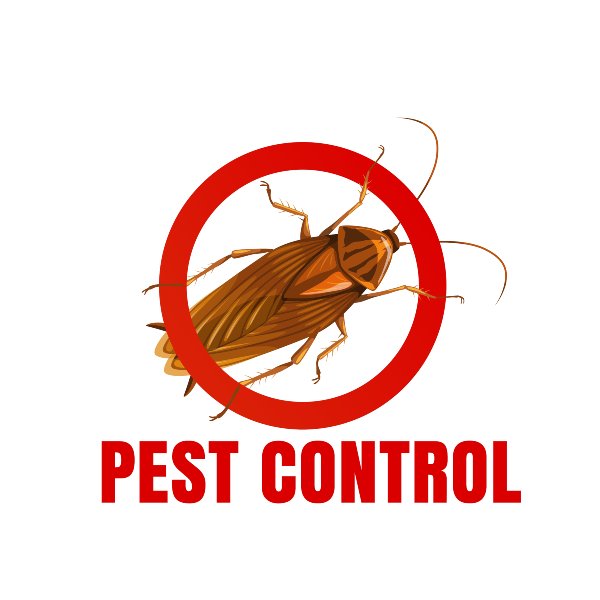Premier A1 Portland Bed Bug Exterminator - Top Quality You Can Count On
Premier A1 Portland Bed Bug Exterminator - Top Quality You Can Count On
Blog Article
Reliable Insect Control Providers: An In-Depth Consider Elimination Techniques and Prevention Steps
In the world of bug control services, the effective monitoring of infestations needs a thorough approach that integrates numerous strategies and steps for both elimination and avoidance. From Integrated Pest Monitoring (IPM) strategies that prioritize lasting options to chemical elimination techniques designed for targeted removal, the toolbox versus parasites is huge and complex.

Integrated Pest Management (IPM) Strategies
Integrated Parasite Administration (IPM) Strategies incorporate an extensive approach to pest control that concentrates on prevention, control, and surveillance methods to efficiently manage parasite populations. By incorporating various methods, IPM intends to lessen the effect of parasites while also reducing the reliance on chemical pesticides. Avoidance lies at the core of IPM, stressing methods like correct sanitation, upkeep of health, and sealing entry indicate prevent pests from infesting structures. Surveillance plays a critical role in IPM by consistently evaluating and determining insect levels to determine the suitable treatment limits. Control approaches in IPM prioritize using physical, organic, and social strategies before turning to chemical treatments as a last hope. These techniques include introducing natural predators, environment adjustment, and using trapping devices to keep insect populations in check. Generally, IPM promotes a environmentally conscious and sustainable method to pest administration, advertising lasting remedies that guard both human wellness and the community.
Chemical Elimination Methods
Chemical extermination strategies are frequently employed in parasite control services to effectively eliminate pest populaces that position a threat to human health and wellness and residential or commercial property. These strategies entail making use of different chemical substances particularly developed to target and remove insects such as pests, rats, and other unwanted animals. The application of chemicals, pesticides, rodenticides, and various other chemical agents is thoroughly controlled to guarantee optimum performance while decreasing threats to human beings, family pets, and the environment.
One of the crucial benefits of chemical elimination strategies is their capacity to give quick and targeted outcomes, making them particularly valuable in cases of extreme problems or immediate pest control requirements - a1 residential pest control portland or bed bugs. Nevertheless, it is vital to stress the importance of proper handling, application, and disposal of these chemical products to avoid unintentional injury
In addition, integrated pest management (IPM) methods commonly combine chemical extermination techniques with other methods such as sanitation, habitat modification, and organic controls to develop a comprehensive and sustainable insect control technique. By incorporating chemical extermination methods sensibly within an IPM framework, pest control services can effectively handle bug populaces while lessening prospective risks to human health and the read this environment.
Organic Parasite Control Approaches
Employing all-natural predators and parasites to take care of bug populaces is a lasting approach understood as biological pest control. portland exterminators a1 for bed bugs. One typical organic control method includes introducing natural adversaries of the target insect varieties, such as ladybugs for aphid control or nematodes for termite infestations.
One more effective organic control technique is using microbial insecticides. These are normally occurring bacteria, such as microorganisms, fungi, and infections, that particularly target and contaminate specific bug species. By utilizing these microbial representatives, parasite populaces can be effectively minimized without damaging valuable organisms or causing injury to the setting.
Physical Pest Prevention Steps
Executing physical insect prevention actions includes utilizing obstacles and structural alterations to discourage parasites from infesting a residential property or going into. Mounting door sweeps, displays on home windows, and sealing splits in the foundation can aid avoid parasites like bugs and rodents from getting access inside.
Another physical avoidance measure is the use of barriers like fence to maintain larger bugs such as deer or raccoons away from the residential property. Installing mesh or cord screens around yards can shield plants from being damaged by bugs. Correct waste management, consisting of safeguarding wastebasket with tight-fitting covers, is vital in hindering pests like raccoons, bugs, and rats. By implementing these physical insect avoidance actions, homeowner can considerably lower the threat of pest infestations and the damage they can trigger.
Expert Insect Evaluation Treatments
Performing extensive and systematic pest inspections is an essential element of expert pest monitoring methods. Expert pest examiners are trained termite inspection to thoroughly check out residential or commercial properties for indicators of invasions, recognizing pest types, access factors, and conducive problems.

Conclusion
To conclude, reliable bug control solutions use a variety of techniques, consisting of Integrated Insect Administration methods, chemical extermination methods, organic controls, and physical prevention measures. Expert bug assessment procedures play an important duty in identifying and addressing pest issues in a prompt fashion. By implementing a mix of these approaches, homeowner can successfully protect against and take care of insect problems.
From Integrated Parasite Monitoring (IPM) strategies that prioritize lasting services to chemical elimination techniques made for targeted elimination, the toolbox click for more info against pests is diverse and vast.Integrated Pest Management (IPM) Methods incorporate an extensive strategy to pest control that concentrates on control, tracking, and prevention approaches to successfully manage pest populations.Chemical elimination techniques are frequently used in parasite control solutions to efficiently get rid of bug populations that present a danger to human health and wellness and property.Using natural predators and parasites to handle bug populations is a lasting technique recognized as organic parasite control.In conclusion, efficient insect control services employ a range of strategies, including Integrated Parasite Management strategies, chemical extermination techniques, organic controls, and physical avoidance actions.
Report this page